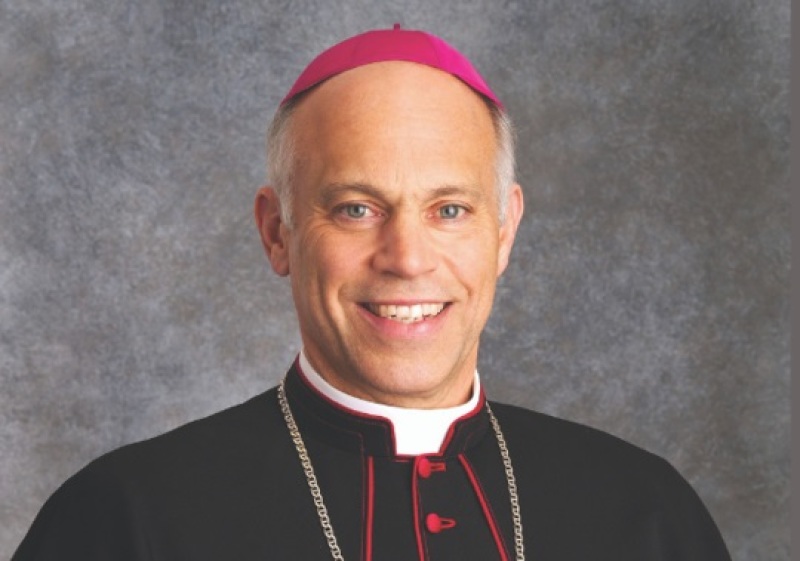
San Francisco Archbishop Salvatore Joseph Cordileone declared in a pastoral letter that prominent Catholics who support abortion should be denied communion.
The pastoral letter, entitled "Before I Formed You In the Womb I Knew You," was released by Cordileone on the Memorial of Saint Joseph The Worker, which was last Saturday, May 1. The pastoral letter centers "on the Human Dignity of the Unborn, Holy Communion, and Catholics in Public Life".
According to the San Francisco Archdiocese website, the pastoral letter has four sections: "The Human Foundation: Law and Science," "Cooperation In Moral Evil," "The Question Of Reception Of The Holy Eucharist," and "Catholics In Public Life." This excludes a section for the Introduction and the Conclusion.
The Archdiocese's website offers an Executive Summary and a Questions Answered page on the pastoral letter which comes with an audio version and a video explanation, as well as, a Spanish version.
WND reported that, although the pastoral letter does not mention any high-profile Catholics in support of abortion, House Speaker Nancy Pelosi actually belongs to the Archdiocese of San Francisco. WND said Cordileone is "laying down the law" for renowned abortion advocates like Pelosi in his archdiocese.
WND cited The Washington Post trying to get Pelosi's comment on the pastoral statement but did not receive a comment from her.
In Section 3 of the pastoral letter, "The Question Of Reception Of The Holy Eucharist," the archbishop cited the First Letter of St. Paul to the Corinthians where the apostle stressed the importance of receiving the Eucharist or Holy Communion worthily and the First Letter of St. John where it was practiced that those who have gone wayward from the fold by choosing to reject the teachings of the church are "temporarily" excluded to help them realize their mistake and hopefully seek repentance and return to the church.
"To apply these ancient requirements to the present topic, those who reject the teaching of the Church on the sanctity of human life and those who do not seek to live in accordance with that teaching should not receive the Eucharist," Cordileone pointed out.
"It is fundamentally a question of integrity: to receive the Blessed Sacrament in the Catholic liturgy is to espouse publicly the faith and moral teachings of the Catholic Church, and to desire to live accordingly," he stressed. "We all fall short in various ways, but there is a great difference between struggling to live according to the teachings of the Church and rejecting those teachings."
Cordileone, who chairs the United States Conference of Catholic Bishops (USCCB) Committee on Laity, Marriage, Family Life, and Youth, highlighted the need to examine one's conscience in so far as one's worthiness of receiving Holy Communion is concerned. The guiding principle, he said, in the examination of one's conscience involves "the kind and degree of cooperation" one has with "an evil act" such as abortion.
"In the case of public figures who profess to be Catholic and promote abortion, we are not dealing with a sin committed in human weakness or a moral lapse: this is a matter of persistent, obdurate, and public rejection of Catholic teaching. This adds an even greater responsibility to the role of the Church's pastors in caring for the salvation of souls," he pointed out.


















